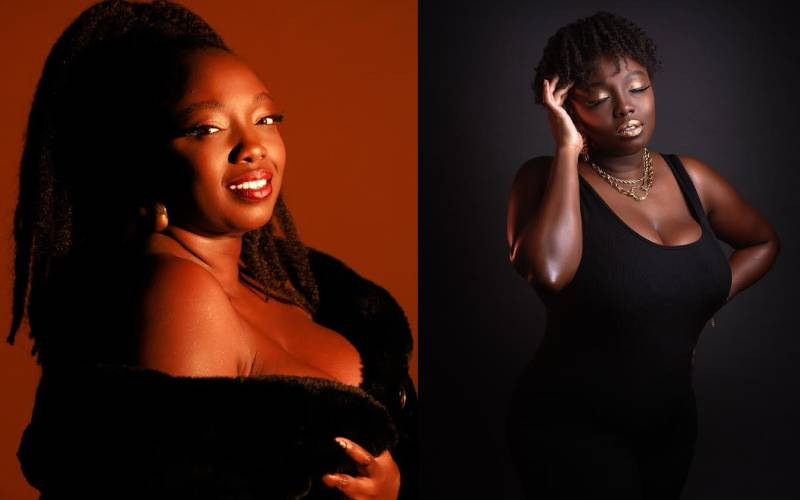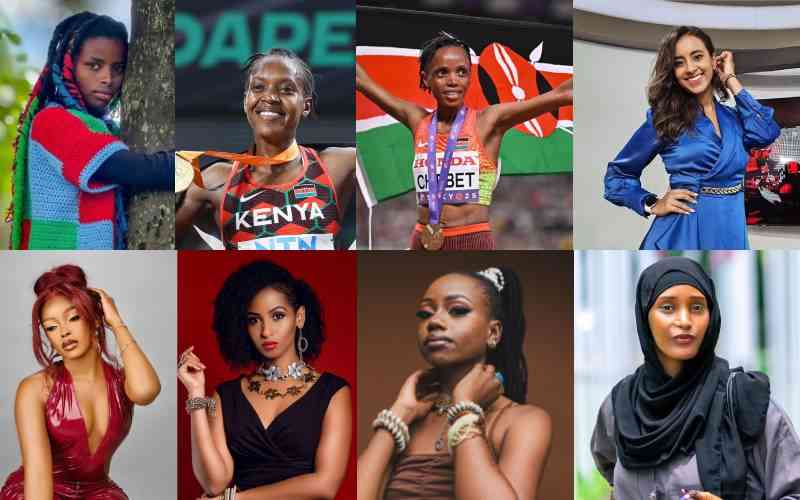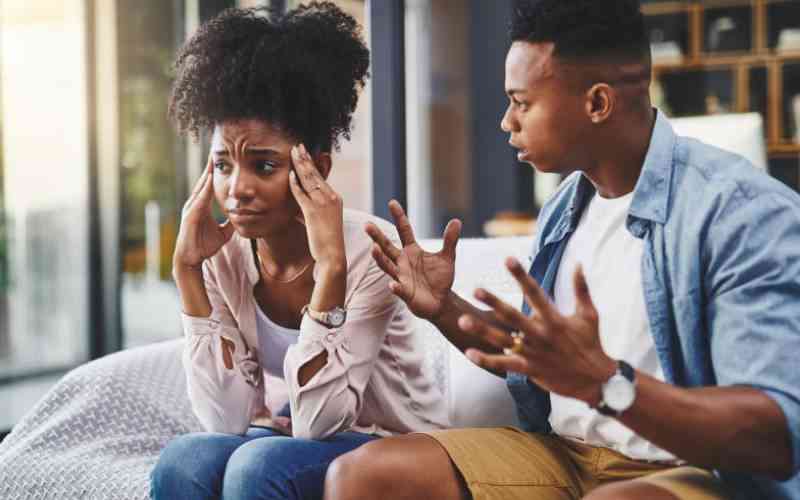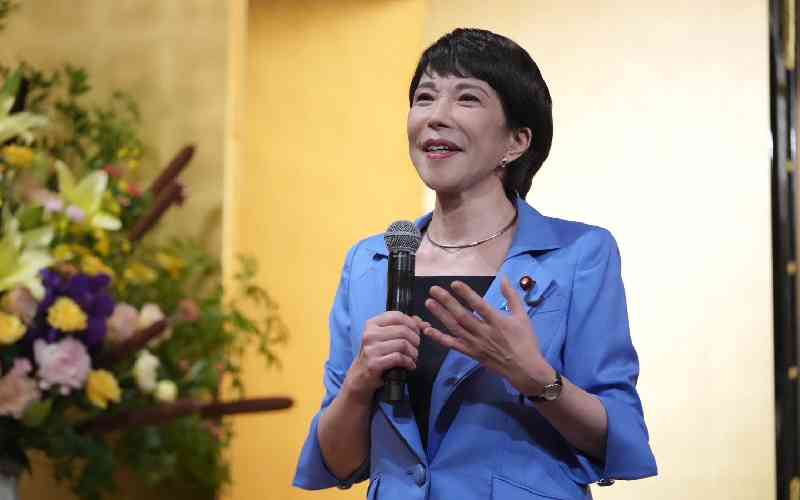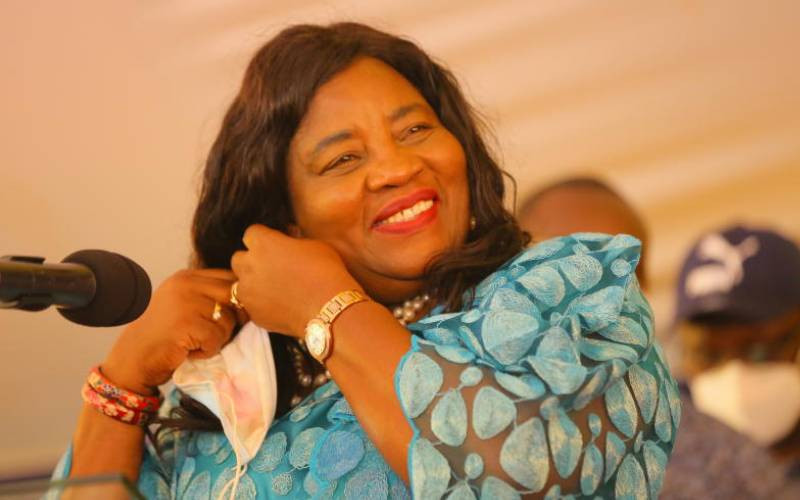
At the tender age of 19, singer Sara Mitaru left the country for the United Kingdom. It was a daring move.
She had just quit her job as a marketer having graduated with a Bachelor of Commerce degree. But she was ready to test her limits in a land nobody knew her.
Music had been her dream career since a young age when her parents believed that together with her siblings, they would make a band similar to the ‘Jackson 5’.
 The Standard Group Plc is a multi-media organization with investments in media
platforms spanning newspaper print
operations, television, radio broadcasting, digital and online services. The
Standard Group is recognized as a
leading multi-media house in Kenya with a key influence in matters of national
and international interest.
The Standard Group Plc is a multi-media organization with investments in media
platforms spanning newspaper print
operations, television, radio broadcasting, digital and online services. The
Standard Group is recognized as a
leading multi-media house in Kenya with a key influence in matters of national
and international interest.


